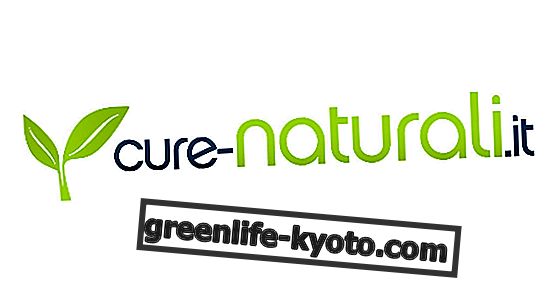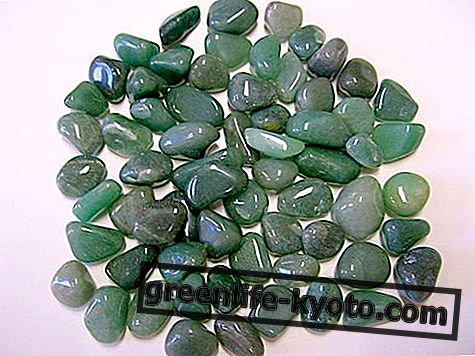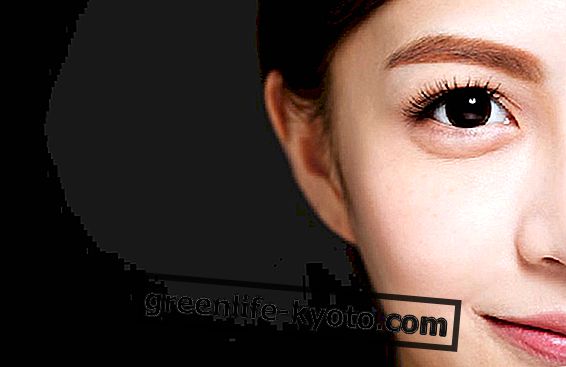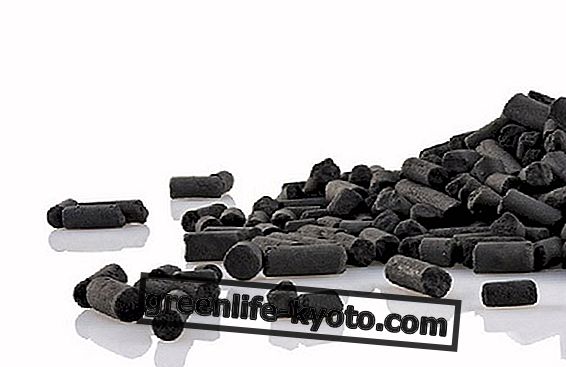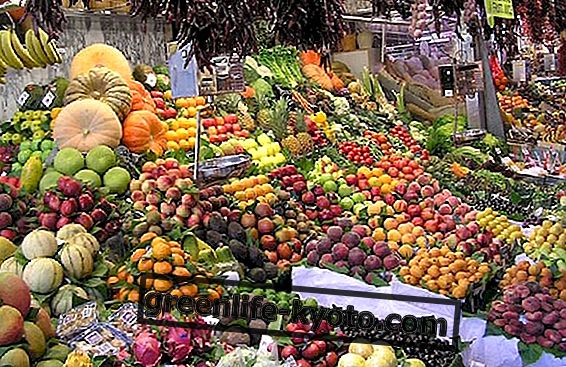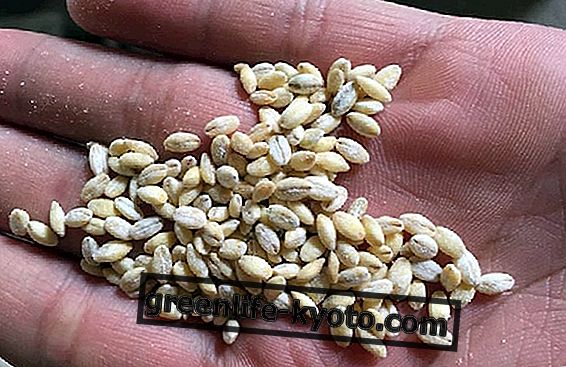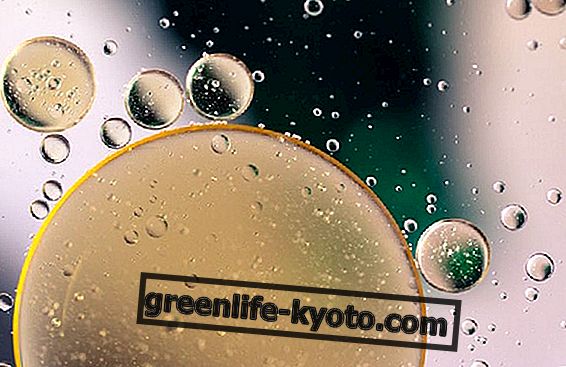Kelp seaweed is useful for people who suffer from overweight, has laxative properties and is also used against stomach acid. Let's find out better.
>

Description of the alga
Kelp is a term that is generally associated with different algae belonging to the fucus and laminaria genus with biological properties similar to those of Fucus vesiculosus .
Kelp seaweed is found in the Atlantic Sea, in the Barents Sea in particular. The dried seaweed has a dark brown color with a strong salty smell.
Properties and use of kelp algae
This type of alga contains 0.05% of total iodine, mucopolysaccharides, polyphenols, phytosterols, mineral salts, trace elements (iodine), vitamins, such as vitamin A, B1, B2, C, D, E, proteins, lipids and carotene Ides.
Like fucus also this alga has stimulating properties of the basal metabolism, hypoglycemic, emollient and anti-inflammatory, remineralizing, laxative and depurative.
Benefits of kelp
The use of natural supplements based on kelp seaweed extract is usually indicated for those people who want to promote endocrine stimulation and that of basal metabolism, thyroid function, thermogenesis, energy expenditure and therefore for those who want to lose weight .
The alginic acid, the alginates and the mucilages contained absorb water in quantities equal to 6 times their weight inducing a feeling of satiety, useful for calming nervous hunger. This acid is also able to absorb gastric juice by reducing stomach acid.
Contraindications of kelp seaweed
The consumption of kelp algae and its extract are contraindicated in cases of hyperthyroidism or heart problems, during pregnancy and lactation and in subjects taking anticoagulant drugs or those suffering from other diseases.

